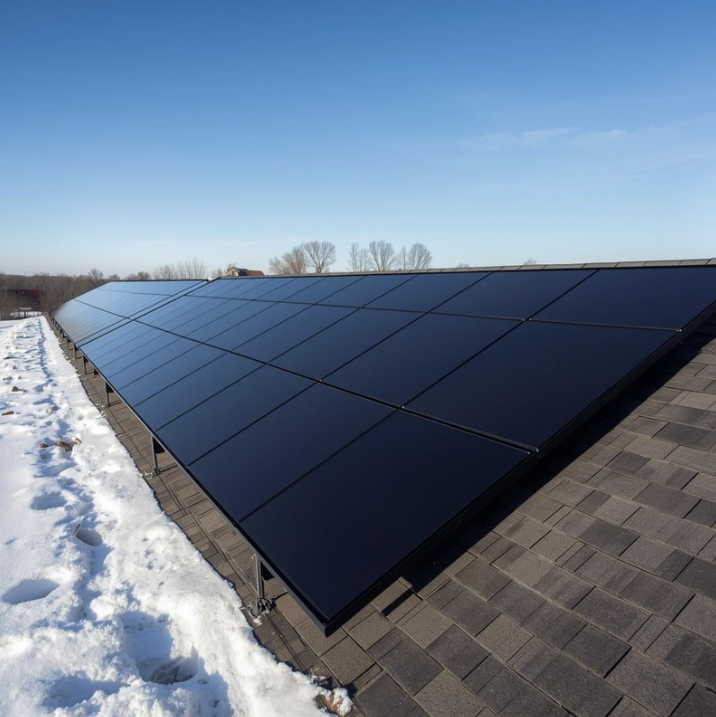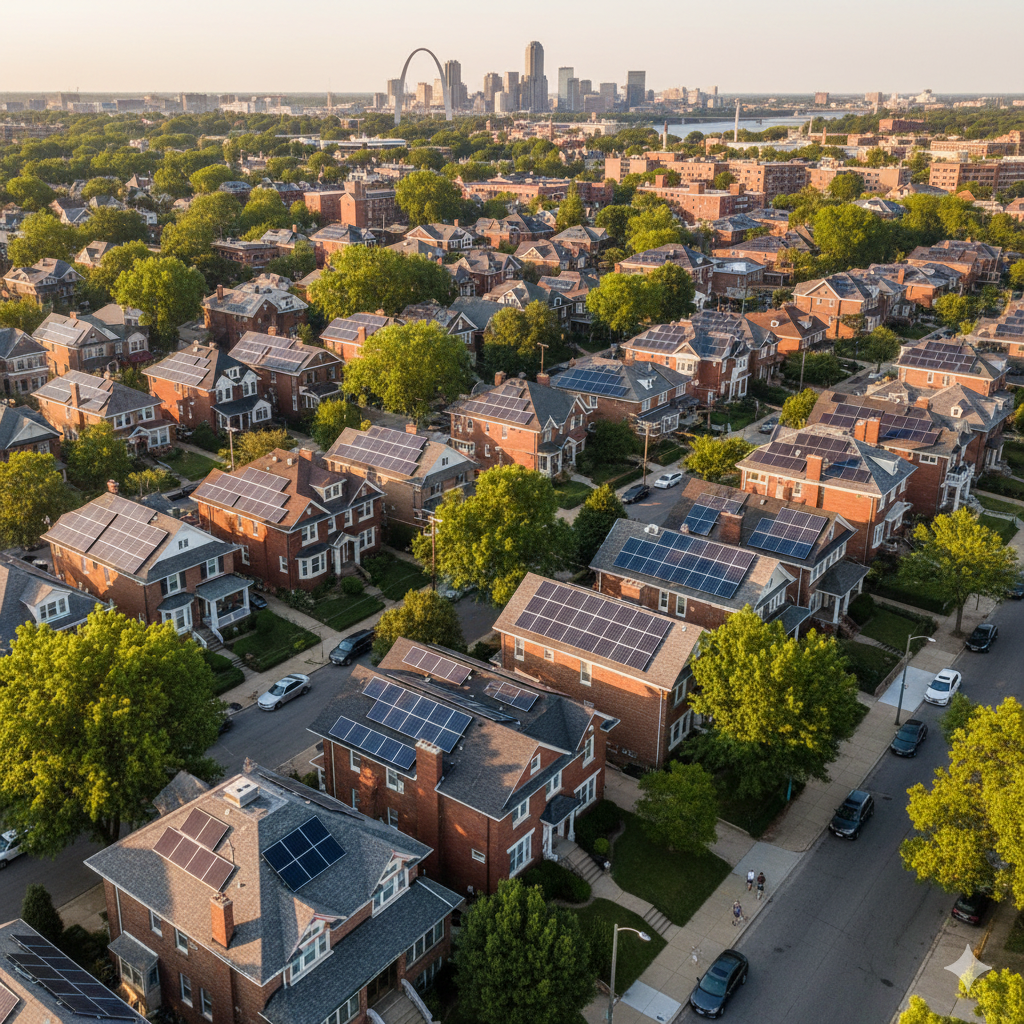House Bill Threatens to Eliminate Residential Solar Tax Credit
The solar industry is facing a potential setback. A new proposal moving through Congress could eliminate the30% federal residential solar tax credit (ITC) by the end of 2025—almost a decade ahead of its scheduled phase-out. While the bill is not yet law, it’s a serious development that could impact both current and future solar adopters.
Here’s what’s happening, what it means for homeowners, and how you can take action.
What’s Going On?
The House Ways and Means Committee recently approved a GOP-led measure that would cut several clean energy tax incentives—including the30% residential solar tax credit—as part of a broader budget package. Dubbed the “One, Big, Beautiful Bill,” the legislation prioritizes extending corporate tax breaks while eliminating renewable energy incentives like the ITC.
Under current law, homeowners who install solar panels can claim 30% of the system’s cost as a credit on their federal tax bill through 2032. That benefit is scheduled to gradually phase out starting in 2033 and expire fully by 2035. But this bill would terminate the tax credit at the end of2025, leaving little time for homeowners or installers to adjust.
While the bill has cleared committee, it still needs to pass the full House and Senate before it can be signed into law.
Why This Matters
The residential solar tax credit has played a critical role in making solar energy more accessible and affordable. It reduces the upfront cost of installation, speeds up return on investment, and supports thousands of clean energy jobs across the country.
If eliminated early:
- Homeowners may pay significantly more out of pocket for solar installations.
- Fewer households may go solar, reducing national progress toward energy independence and sustainability.
- The solar industry could face job losses and slowed growth, particularly in states like Missouri and Illinois that benefit heavily from federal incentives.
This comes at a time when electricity rates from providers like Ameren and Evergy continue to rise, making solar a crucial cost-saving alternative.
It’s Not Law Yet—But It’s Moving Fast
Despite the committee’s approval, the bill still faces several hurdles:
- House vote: The full House must debate and vote on the bill.
- Senate review: If it passes the House, the bill heads to the Senate—where bipartisan support for clean energy could delay or block its progress.
- Presidential signature: If approved by both chambers, the bill would head to President Trump’s desk. Given its alignment with his party’s priorities, a signature is likely.
The GOP aims to pass the legislation through the House by Memorial Day and onto the President’s desk by July 4th.
What You Can Do
Now is the time to act. Whether you already have solar or are considering it, your voice matters. Reach out to your local representatives and share how thesolar tax credit has impacted your home, your budget, or your clean energy goals.
You can also:
- Encourage neighbors and friends to contact their senators and representatives
- Share educational content (like this blog) on social media
- Stay informed by subscribing to updates from clean energy organizations
The solar Investment Tax Credit has been backed by presidents across party lines since 2005—from Bush and Obama to Trump and Biden. Let’s ensure it continues supporting American families and businesses.
Final Thoughts
At SunSent Solar, we believe in making solar simple and affordable for homeowners throughout Missouri, Illinois, and beyond. If you're thinking about going solar, now is the time to act—before these benefits potentially disappear.
Have questions? Need help understanding what this could mean for your solar project? Call 636.757.3083 or fill out the form atsunsent.com.










